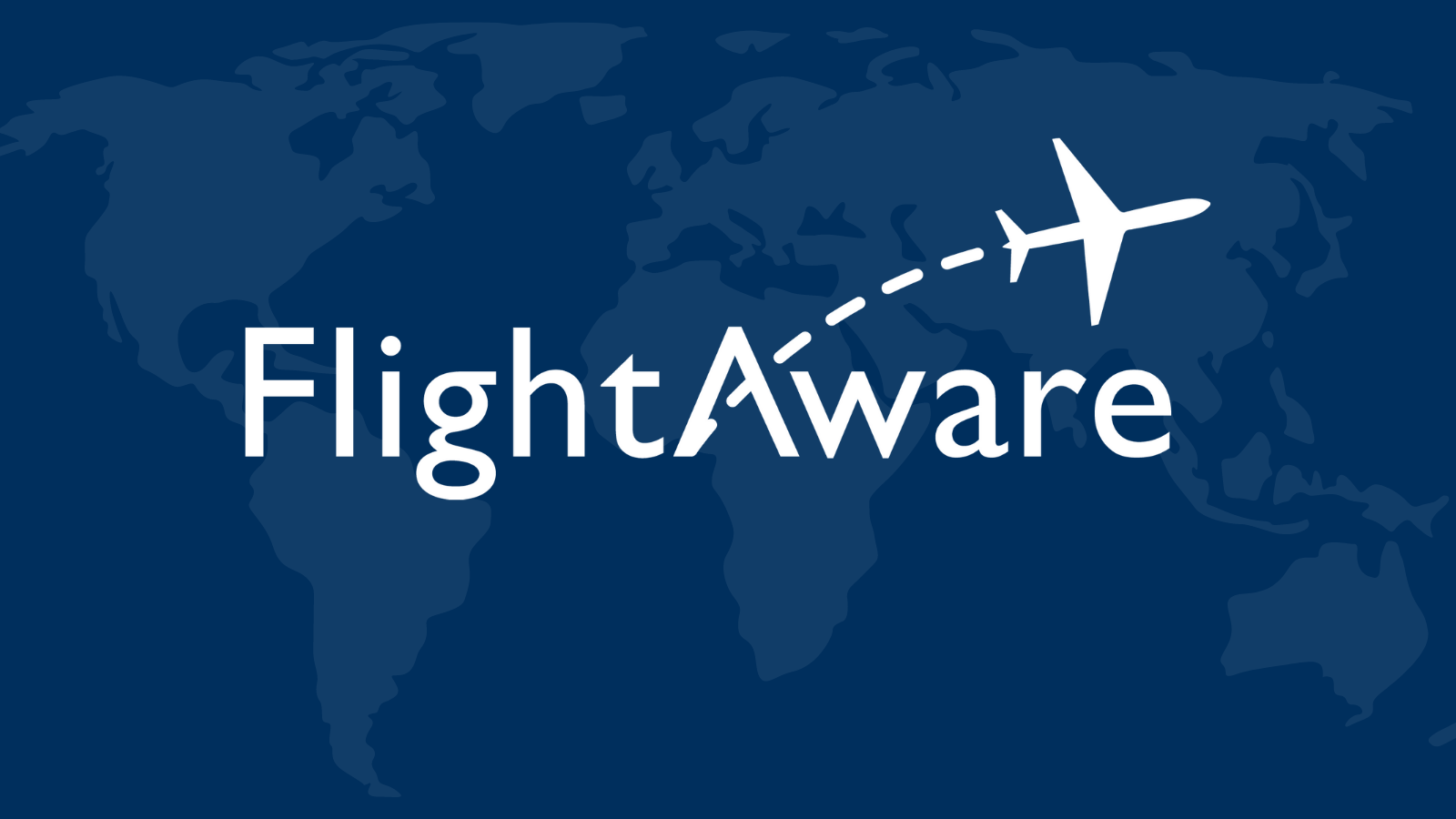In the midst of growing concerns over national security, the possibility of the United States banning TikTok has raised questions about whether Canada will follow suit. Tech analyst Carmi Levy believes that Canada cannot afford to be out of sync with the U.S. on digital policy issues as important as this one. Levy stated in an interview with CTV News that Canada will likely have to follow the U.S.' lead in some way or another. The U.S.
Senate is currently considering a bill that would ban TikTok nationwide unless its China-based owner, ByteDance Ltd., sells its stake in the business. The main fear driving this potential ban is the concern that the Chinese government could legally compel ByteDance Ltd. to provide user data to Chinese authorities. Levy explained that TikTok is known as an aggressive data harvester, collecting more data than the average app. He mentioned that businesses operating in China are required to hand over data to the government upon request, raising concerns about user data privacy. While TikTok has denied accusations of data-sharing with Chinese authorities and the U.S. has not provided concrete evidence to support these claims, Canada initiated its own national security review of TikTok in September 2023. However, details of this review have not been made public. Levy believes that Canada should be more transparent with its citizens about the potential risks associated with TikTok and other similar apps, as users deserve to know more about the data privacy implications. TikTok is already banned from government devices in both the U.S. and Canada, and Canada's industry minister has assured the public that there is no need to worry about the app. Despite this reassurance, Levy highlighted China's history of sophisticated mass surveillance infrastructure and emphasized the importance of remaining vigilant about potential security risks. Levy anticipates that policymakers in Ottawa will closely monitor developments in the U.S. and likely follow their lead in the coming months. He noted that Canada often looks to more progressive jurisdictions, like the U.S. and the EU, to guide its decision-making on tech policy issues. Similar to the ban on Chinese tech giant Huawei from Canada's 5G networks, Levy believes that a potential TikTok ban would primarily be a symbolic political move rather than a definitive solution to security concerns. In conclusion, while the prospect of a TikTok ban in the U.S.raises questions about Canada's stance on the popular video app, it is clear that concerns about national security and data privacy are at the forefront of this debate. As both countries navigate the complex landscape of digital policy, it is essential for policymakers to prioritize transparency and collaboration in addressing these critical issues. Ultimately, the decision on whether or not to ban TikTok in Canada will require careful consideration of the potential risks and benefits involved.Tech Analyst Suggests Canada May Consider Banning TikTok Following U.S. Action
 6 months ago
2437
6 months ago
2437
- Homepage
- Technology
- Tech Analyst Suggests Canada May Consider Banning TikTok Following U.S. Action
Related
FlightAware Data Breach Exposes Users' Sensitive Information...
1 month ago
838
Former Google CEO Eric Schmidt's Insights on LLMs, AI Langua...
1 month ago
721
Apple's Innovative Smart Home Hub with Rotating Screen Set f...
1 month ago
789
Trending in United States of America
Popular
Nokia Reaches 5G Patent Agreement with Vivo After Lengthy Le...
7 months ago
26048
Apple's Upcoming Tablet Lineup: iPad Air to Introduce Two Si...
9 months ago
25976
Xiaomi's First Electric Car, the SU7 Sedan, Enters the EV Ma...
8 months ago
25364
The European Parliament's Bold Move to Combat Smartphone Add...
9 months ago
25312
Unveiling ChatGPT's New 'Memory' Feature Revolutionizing Use...
7 months ago
25212
© OriginSources 2024. All rights are reserved








 English (US)
English (US)